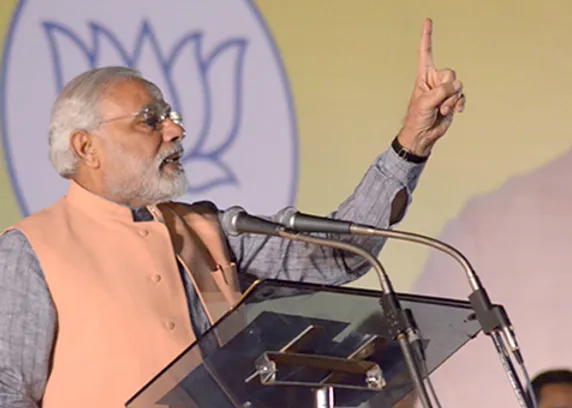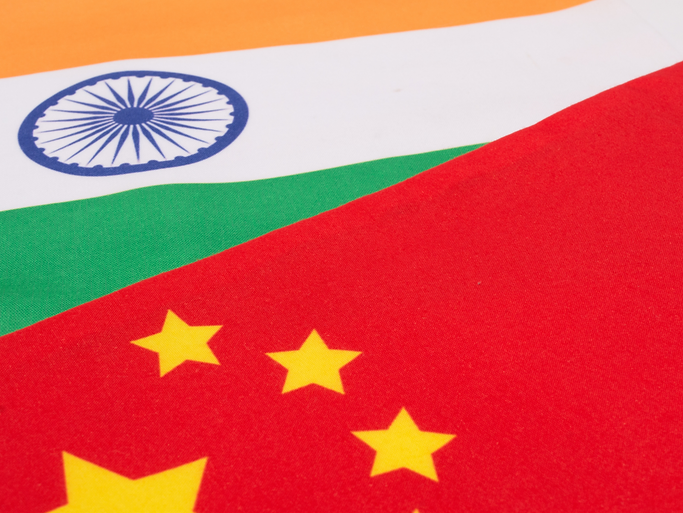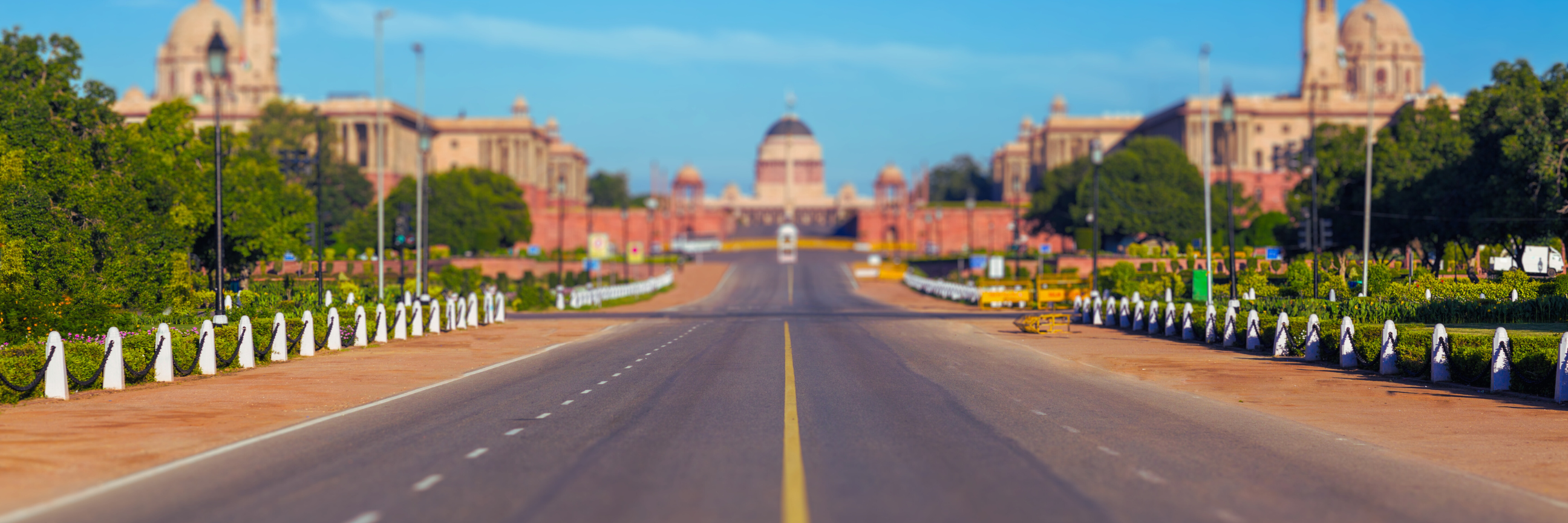Not since 1984, has India voted so decisively in favor of a single party.
Not since 1984, has India voted so decisively in favor of a party. The congress party then, on a post Indira Gandhi assassination sympathy wave, won a massive 400 seats.
Today the BJP and its coalition NDA; led by Narendra Modi and his campaign of Hope; Aspirations; Decisiveness; is all set to form a majority government with more than 330 seats out of the 543 seats. This is significant in many ways.
- The BJP on its own is slated to cross the simple majority of 272. Arithmetically, it can do away with all its allies and still provide a stable single party majority government for the next 5 years. This is the biggest development.
- Coalition government has been seen as a bane of Indian politics in terms of the government's ability in taking tough decisions. Although, on a GDP growth basis, even in coalition government, the growth has been at or above the long term average; but the push and pull of coalition does lead to instability and compromise. A clear majority government would mean that for the next 5 years; the BJP and its allies can lay out their policies and run the government without worrying about the stability of the government.
- The result also shows an actual decimation of the ruling Congress party. They seem like they won't cross even the 50 mark (they had won more than 200 seats in 2009). And what is unbelievable and potentially dangerous in a democracy; is that in the lower house; there won't be any leader of opposition. The second largest party needs to have at least 55 seats to claim the position of the leader of opposition. That seems unlikely in the current juncture. Such is the margin of this BJP victory.
- Along with the congress, which is centre to the left party; even the communist party has been decimated in their home ground of West Bengal; winning only 1 Seat. The BJP is evidently a centre to right party. Time will tell whether this is beginning of the BJP making its presence in traditional Left support base in Eastern India. And how does India, a socialist country, accept and deal with a right wing ; pro capitalism party at the centre.
Expectations from the BJP government would be sky high. It has been seen in the Equity markets with the Sensex touching record highs prior to the outcome. Today, as the leads came through, the sensex at one time was up more than 6%; but profit booking since has led to the gain restricted to around the 1% mark. The RBI also seems to have been extremely active in buying the flood of Dollars. The INR still comfortably broke through the 59 mark and traded as low as INR 58.62/USD. It seems to be settling around the 59/$ mark. As mentioned many time before, we expect the RBI to very strong buyers of the $ at all levels below the INR=60/$.
Modi a lesser messiah for the bond market
The bond market did not enter the outcome with any major positioning. Although when seen from the high point of yield in April of 9.12%; the current 10 year yields @ 8.78% looks low; but when seen from a broader perspective; the long bond yields have ranged between the 8.70% and 9% mark broadly in the last 2-3 months. Today, the bond yields did drop sharply to trade below 8.7%; but profit booking and a muted auction result has got the market to trade back at the 8.75% - 8.80% band.
The bond market is staring at the reality of excess net supply; chances of EL NINO impacting inflation and a budget outcome which could see a higher fiscal deficit and hence a higher borrowing number for the market. Even a strong Modi government cannot wish away this reality for the bond market and hence we still see a fairly range bound bond market. Only a lowered threat of EL NINO; drop in food inflation and stable INR will lead to a lower bond yields.
The new government would also take over a very weak economy. With no pick up in industrial activity; high bad loans in the banking system; over leveraged corporates and very little capex activity. Add to that a fiscal situation which is lower only because of some pure arithmetic trickery and ruthless cuts in needed spending. Given this, if I were the Finance minister of a strong government in its first budget; I would first clean up the fiscals. And thus an assumption of a 4.1% / GDP fiscal deficit looks highly improbable. The government banks require some immediate recapitalization and subsidy arrears need to cleared; and we thus pencil in an increase in the fiscal deficit of about 0.5% to take it back to 4.6% of GDP. This if well communicated shouldn't be any issue with the rating agencies also.
The next big event after the government formation would be the expectation from the budget (expected some time in July). Till then, markets would move back to focusing on domestic realities and the global developments.















